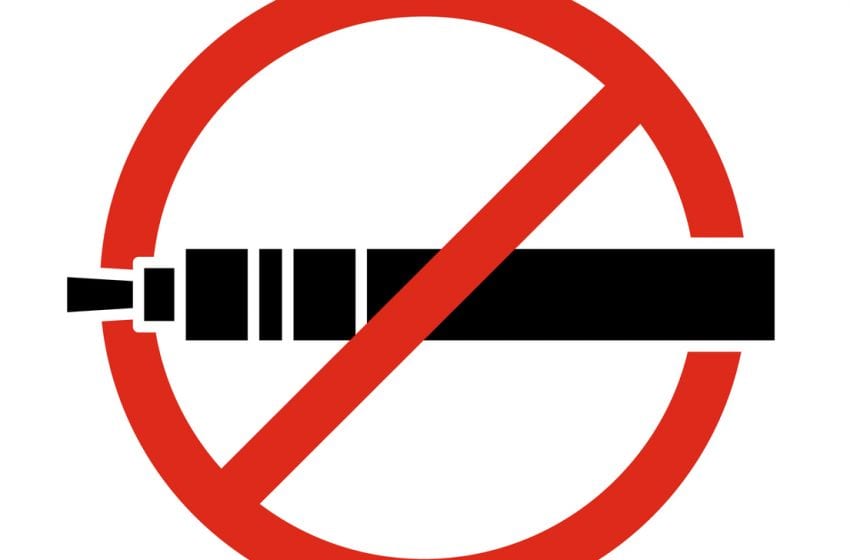The recent advisory issued by India’s Union Ministry of Health and Family Welfare to the State government seeking a ban on the sale of electronic nicotine delivery systems (ENDS) is based on poor advice and a lack of scientific evidence, according to a story by Bindu Shajan Perappadan at thehindu.com quoting a group representing electronic cigarette users across the country.
The Association of Vapers India (AVI) has hit back at the Center and questioned the motive behind the advisory.
‘ENDS products are being examined across the world for their benefit in harm reduction and as a pathway to smoking cessation,’ the AVI said in a press note. ‘The advisory must be withdrawn immediately…’
Evidence that had been produced during the past two years had shown that a smoker who switched to vaping cut her health risk by more than 95 percent, the AVI said.
And it questioned why the government had not banned tobacco cigarettes if it was so concerned about nicotine.
At the same time, the AVI rubbished the government’s contention that vaping would increase smoking rates among teenagers, citing evidence to the contrary based on a survey of 60,000 teenagers by UK-based Public Health England.
“This claim is bogus as smoking rates among the youth are declining in all countries that have allowed vaping,” said AVI director Samrat Chowdhery. “In fact, overall smoking rates have declined at a historical rate after vaping was introduced. This clearly points to the tremendous harm reduction potential of vaping.”
Meanwhile, Deepak Mukarji of The Alternatives, which advocates harm reduction in respect of people and the planet, said the Alternatives was disappointed with the Central government’s directive on e-cigarettes. This retrograde step denied harm reduction and potentially lifesaving alternatives to smokers by ignoring science and its emerging technologies.
Evidence that the government claimed to have, the AVI said, was either outdated or intentionally misinterpreted; and it was out of line with the view widely accepted by all major scientific institutions that the use of e-cigarettes was substantially less harmful than was smoking combustible cigarettes.
The association blamed the government also for presenting a wrong picture by selectively citing World Health Organization data that 30 countries had banned e-cigarettes, while holding back information that 65 nations had allowed and regulated such products.
E-cig stance challenged











